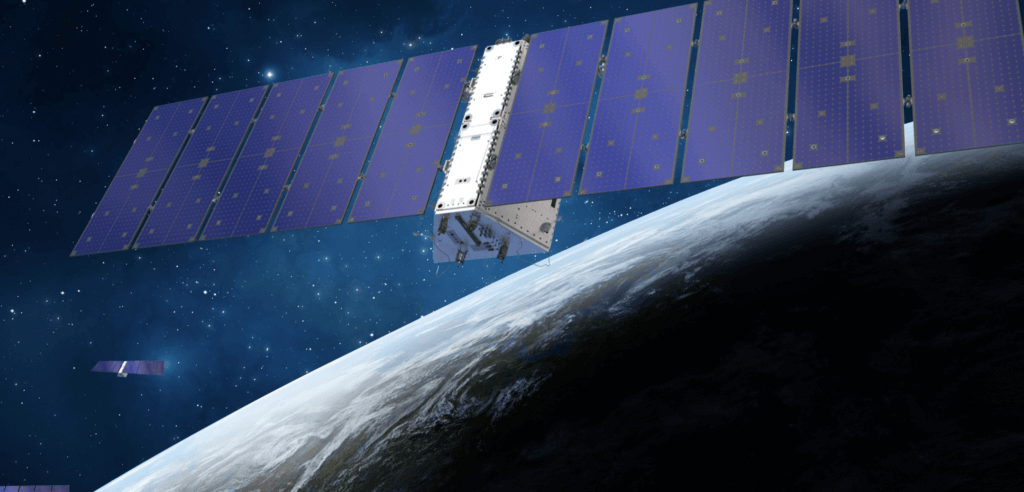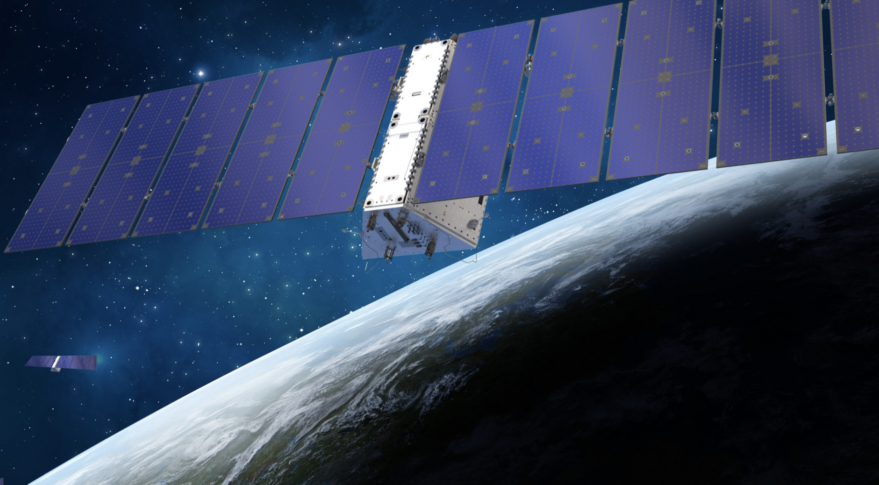
Lockheed Martin to launch new satellite bus aimed at mid-size market (Image Credit: Space News)

WASHINGTON — Lockheed Martin plans to launch to orbit later this year a new satellite bus the company designed for both the commercial and government markets.
The first launch of the LM400 will be a demonstration mission to test the spacecraft and prove it out, Lockheed Martin’s executive vice president Robert Lightfoot said March 21. He is the head of the company’s space business based in Denver, Colorado.
Lockheed plans to offer the bus as a lower cost alternative to its traditional bespoke designs, Lightfoot said during a lunch meeting with reporters on the sidelines of the Satellite 2022 conference.
“We’re building a bus that we think fits a lot of the market segments that are required,” he said.
“This is transformational for us,” said Lightfoot. “We are going make these buses not exquisite, not a one off, but a bus that we can use for several applications and that’s part of a common design and common hardware that drives my costs down and I can pass that cost on to several customers.”
Lockheed Martin is developing a number of different payloads that will launch on LM400 for the demonstrations. Lightfoot said the LM400 already has attracted potential commercial and government customers which he could not disclose.
At about 1,700 kilograms including payload, the bus would compete in the mid-size satellite market which is the “sweet spot for us,” said Lightfoot. For its small satellites, Lockheed uses buses made by Terran Orbital’s Tyvak NanoSatellites, a company in which it has made a strategic investment.
“The LM400 would not compete with Tyvak,” he said.
The satellites will be launched by ABL Space Systems, a new launch company that has yet to fly its RS1 rocket. Lockheed Martin is a strategic investor in ABL and signed a long-term deal to launch dozens of missions on RS1 over the next decade.
ABL is also Lockheed’s partner in the United Kingdom where Lockheed is working to develop U.K. launch operations from Shetland Space Centre.
The RS1 was expected to launch its first mission in early 2022 but suffered a setback in a test accident in January.
“We’re working with them trying to help them get through the challenges they’ve had recently,” said Lightfoot. “They still have to get through the mishap investigation.”








